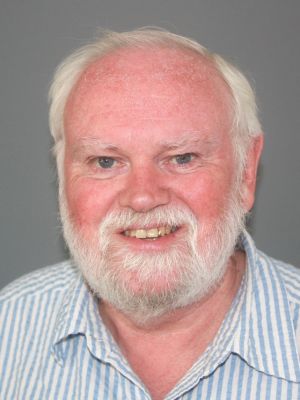Learning happens best when learners are provided with engaging, authentic, and joyful tasks. So, what could be a better tool for learning than play?
“If you want children to be effective, powerful learners, that needs to be embedded in early playful experiences” – David Whitebread [1]
Dr. Whitebread was a trailblazing researcher in early childhood development, a staunch advocate for children, and a teacher and mentor to many. For the first 12 years of his career, he was a primary school teacher. His connection with children through various playful learning experiences served as a foundation for his later research interests.
Dr. Whitebread’s research helped to popularise the idea that play is important for learning and the development of self-regulatory abilities in young children. He observed the early emergence of sophisticated mental activities such as emotional communication and problem solving in young children during playful activities, and applied these research findings to activism that improved educational policy and quality. With support from the LEGO foundation, Dr. Whitebread carried out the Playful Learning and Narrative Skills (PLaNS) project, and founded the Play in Education, Development and Learning (PEDAL) research centre in the Faculty of Education, Cambridge University [2]. At PEDAL, he continued his research into the importance of self-regulation and play for childhood development. The LEGO Foundation has made a video summarising some of that research.

